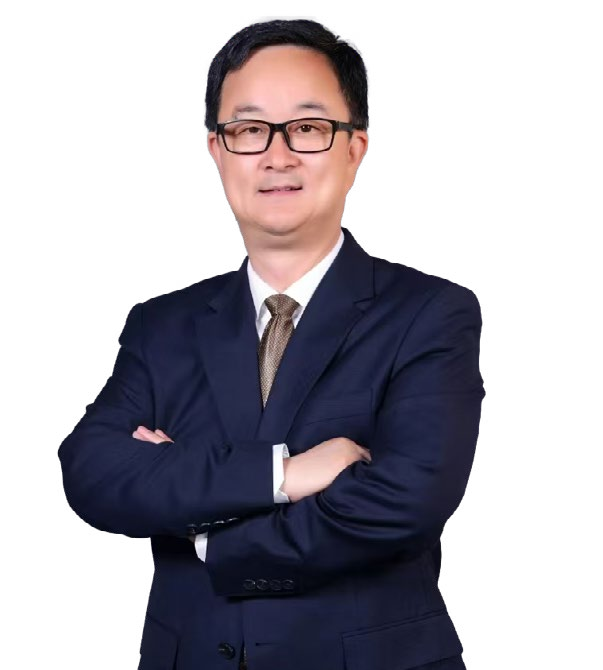HUANG Haojie
Qiushi Chair Professor, Zhejiang University
Director, Institute of Urologic Science and Technology, The First Affiliated Hospital,
Zhejiang University School of Medicine (FAHZU)
Former President, The Society for Basic Urologic Research (SUBR)

Having worked overseas for 27 years, what motivated you to join Zhejiang University School of Medicine?
My research in the U.S. centered on basic and translational studies on prostate cancer, a commonly diagnosed urologic cancer in men, with multiple projects advanced to clinical trials. When considering to be back in China, I was primarily interested in research-oriented hospitals. FAHZU stood out for many reasons:
Firstly, the Department of Urology at FAHZU has an outstanding clinical team with exceptional clinical resources and expertise, an ideal place for translational research. Secondly, it is an open secret that attracting renowned, talented scholars worldwide to build a comprehensive, collaborative, and competitive research team is a top priority of Zhejiang University and the School of Medicine.
Lastly, Zhejiang Province, ZUSM, and FAHZU are all fully committed to investing basic and translational research, offering the state-of-the-art facilities and robust infrastructure to build scientific teams and research environment.What emerging trends deserve attention in your field?
Metastasis and therapeutic resistance in prostate cancer remain the major challenges. While hormone therapy is the mainstay treatment for metastatic prostate cancer, most cases relapse post-treatment—a critical clinical hurdle. The androgen receptor (AR), a transcription factor, plays a pivotal role in prostate cancer progression. Recent studies stress that genomic mutations and chromatin/epigenetic remodeling induced by hormone therapy drive tumor lineage plasticity, a key mechanism of resistance.
Additionally, despite prominence of immunotherapy in cancer treatment, poor responsiveness in prostate cancer patients remains an urgent need.
Having dedicated years to prostate cancer research, what breakthroughs have you achieved since returning to China?
Our lab focuses on AR function and regulation. A recent discovery in my laboratory revealed that AR acts as a master suppressor of tumor-intrinsic innate immune responses, profoundly inhibiting prostate cancer’s response to immune checkpoint blockade intervention. This finding opens new avenues for developing effective immunotherapies. We also pioneered Proteolysis-Targeting
Chimeras (PROTACs) to degrade therapy-resistant transcription factors—a cutting-edge strategy to overcome treatment resistance. These innovations have allowed us to file national and international patents. Furthermore, we have successfully mastered the skills to generate immune cell-engaging organoids from prostate cancer patients, creating a powerful platform for screening drug screen and clinical testing of novel therapeutics, particularly immunotherapies such as CAR T cell treatments.
What advice would you share with young clinicians pursuing research?
For physician-scientists, it would be powerful if their research could align with clinical challenges. Their excellence in both clinical practice and research will undoubtedly enable precise diagnosis and treatment of diseases.
I strongly recommend young doctors to leverage their clinical strengths and passions to tackle impactful questions within their specialties, which I believe will attract resource and financial support from university and hospital. It is my sincere hope that more and more young clinicians will excel not only in patient care but also in transformative research, driving the future of medicine.
For more information
Contact us: Huanghaojie@zju.edu.cn
